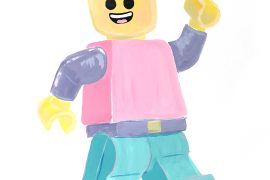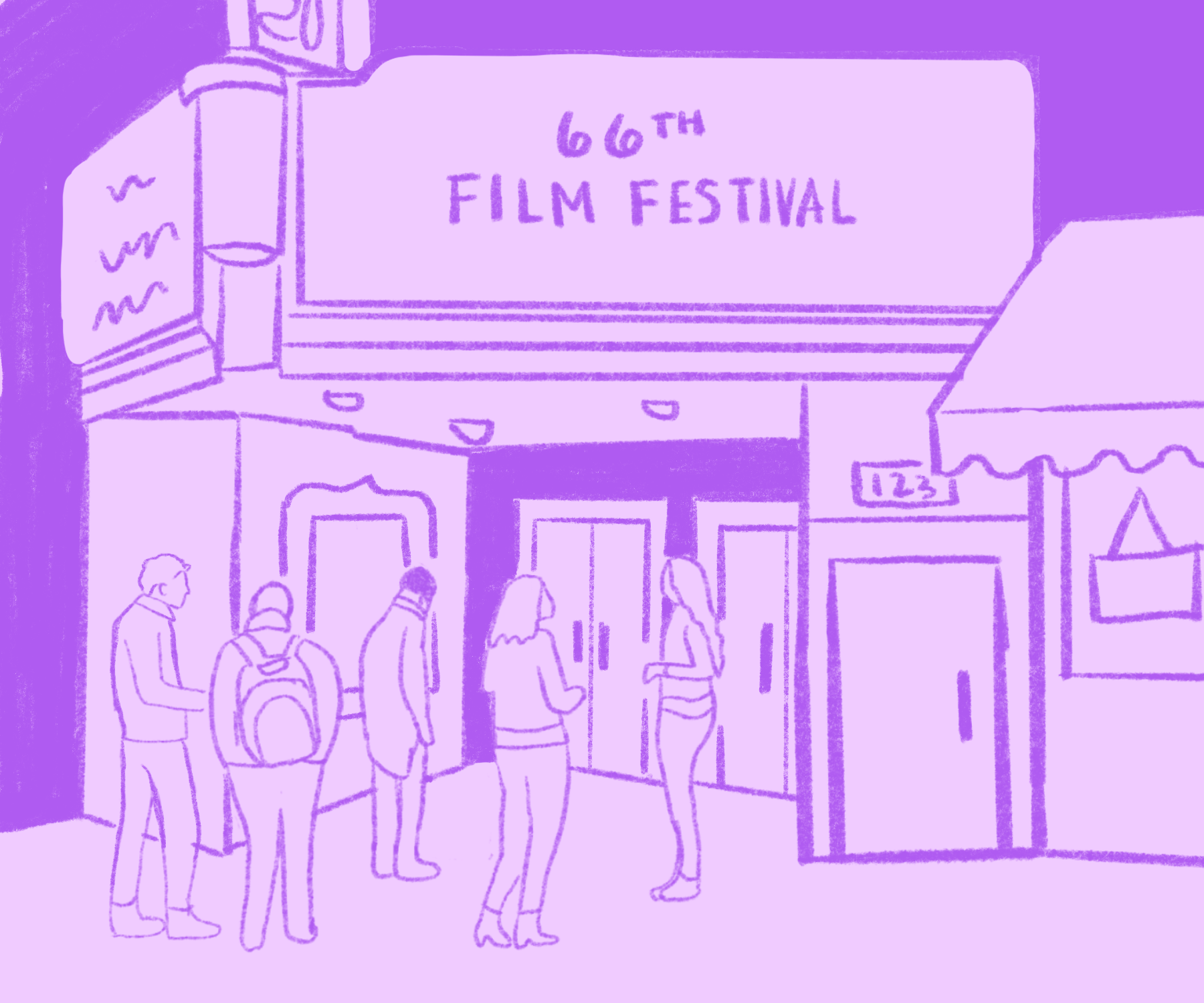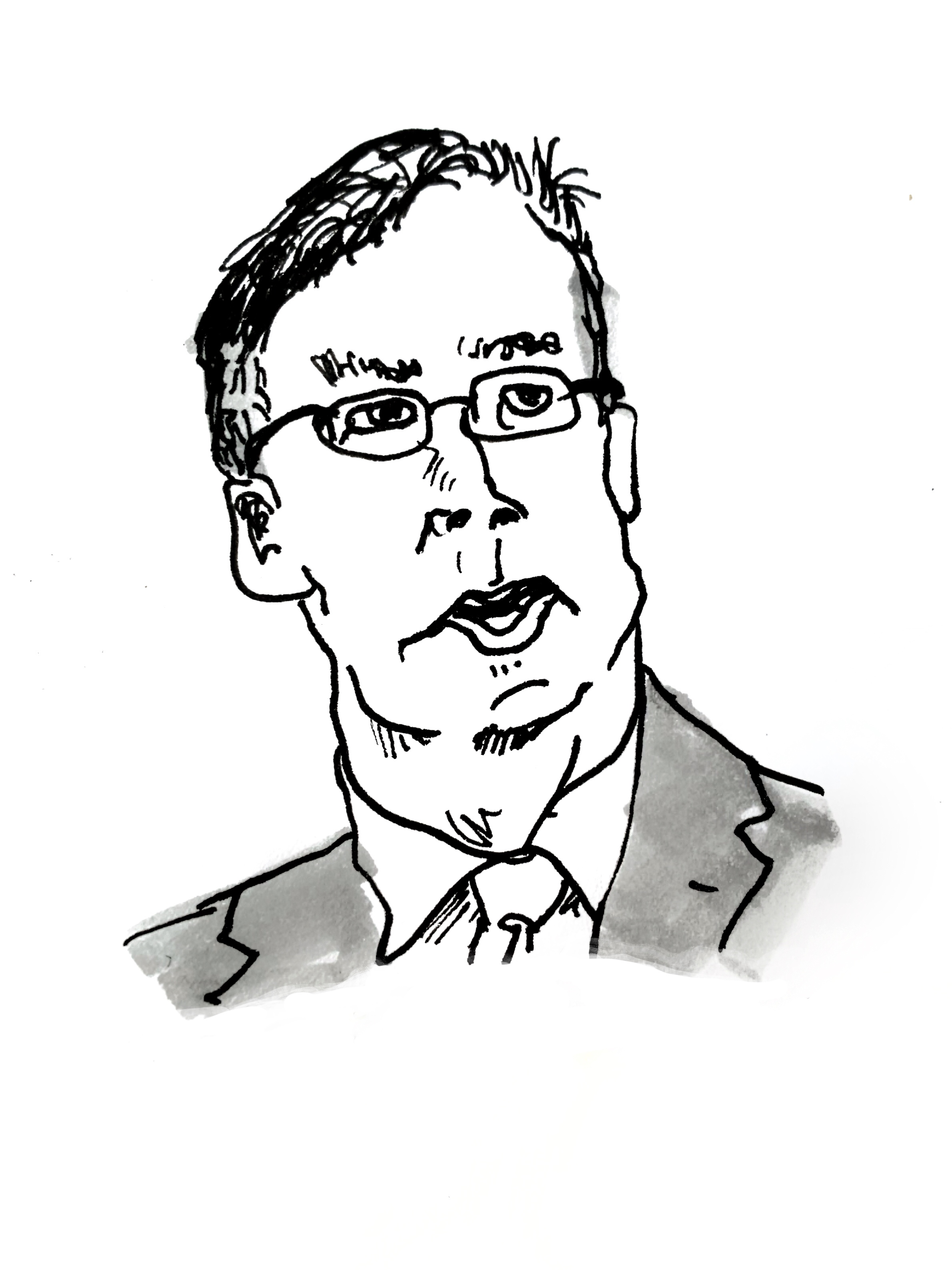It’s no secret that one of the addictive qualities of books is the way they linger with you after they’re finished. Some narratives spend a few days rolling around in your brain, some take permanent residence in your nervous system, and others become the filmy layer of plasma in your blood nourished with each breath. Sometimes I leave feeling anew, like I had undergone a tilling of last season’s soil, a watering of the last planted seeds, a fertile new place for my values, beliefs, lexicon, and my wild imagination to rest.
It had been some months since I was grabbed in that way, drawn into a new world I didn’t want to set down or even leave after finishing the final page until I forayed into the worlds spun by Octavia Butler.
Octavia Butler was a literary trailblazer for Black writers and particularly Black female writers in the science fiction genre, in an era where such authorship was rare for her era – from the 1970s until her death at 58 in 2006.
I first picked up her book Parable of the Sower at Powell’s in 2019 after it was recommended by a dear friend. Written nearly thirty years earlier, the back cover explainer read: “When global climate change and economic crises lead to social chaos in the early 2020s, California becomes full of dangers from pervasive water shortage to masses of vagabonds”. Written in 1993, it was nearly prophetic.
I thumbed my way through the first few pages. Visions of my California hometown gobbled in a haze of ashen orange skies and wildfire just two years prior still haunted me. It was too soon. Back on the shelf it went for the time being. A few short years later, something internal urged me to try again, this time in the form of its brilliant graphic novel adaptation by Damian Duffy, and I fell into an immediate kind of love, it hooked me. I read all 284 pages in just one morning, and needed more, so I followed that with her much earlier and similarly famous novel, Kindred (1979), before starting the next in succession of the unfinished Parable series.
In Parable of the Sower, written in 1993, Butler’s protagonist writes to us from a not too-distant future: July 21st, 2024 in a chaotic L.A., California. The main character, Olamina, is just trying to survive harsh realities whilst questioning her Baptist upbringing amongst a backdrop of poverty and a country in climate and socio-economic collapse. In Olamina’s world, government intervention is scarce and only successful in fueling present inequities and violence, while local police are unhelpful and corrupt. Basic resources are hard to come by and violence born from the destabilization that lies beyond the walls of her small walled-off-for-safety community.
Olamina is also ailed with an empathic delusion that makes her experience any pain she witnesses – to the point of debilitation. This ailment shapes her decisions as she navigates this difficult world.
These events, referred to in the subsequent books as “The Pox” or “Apocalypse”, felt like an alternate possibility in our world. It prompts the reader with stark curiosity: if a few levers of fate were pulled a little differently during the triplet crises of pandemic, climate change, and recession, would this world of Olamina’s be a not too distant future of our own?
Such violent hellish landscape might be fodder for the typical philosopher’s question of our human capacity for inherent good or wickedness in the presence of destabilization, but Butler makes no such assertions. Parable of the Sower is clear-viewed in braiding parallel breakdowns of miseducation, uneven distribution or misuse of power, and misogyny and racism as the twin pillars of upholding that power.
Butler and her protagonist were both raised Baptist, thus using her character’s interpretation of this apocalyptic world as an exercise in her own spiritual imagination. Though the book is not spiritual in name, it stretched the imagination of my own spiritual entanglement as it relates to understanding love, politics, truth, and empathy.
There is no singular event that results in the unraveling of society to the degree of violence and fear as in Parable of the Sower. Consider just a handful of events in our own very recent history – disintegrating trust in government and democracy, increase in White supremacist political action on the public stage, the compounding public health crises of the COVID-19 pandemic, wildfires, the overturn of Roe v. Wade, vaccine misinformation, and increased poverty. Public school boards function as arenas for conservative agendas, resulting in censorship of racially themed books, meaningful sex education, and gender identity. All of this is increasingly illuminated by the ways we are made even more vulnerable by climate change.
Octavia Butler tapped into a collective grief we know all too well. While the reader is not offered a blueprint towards a better world, it instead offers a path, through the written verses of Olamina:
“All that you touch
You Change.
All that you Change
Changes you.
The only lasting truth
is Change.
God is Change.”
Olamina’s philosophy – named “Earthseed” – supposes an almost Taoist orientation towards collective action and personal responsibility – that change is inevitable, and we can only dare to participate in it. Despite holy articulations, belief in God is not imperative. God functions as any system of power that holds us captive.
Through the lens of Parable of the Sower, Butler offers that individuals are capable of acting as a leading beacon for any kind of change-shaping, but the collective capacity is where true realities are crafted. What we shape in partnership with one another is where once-myopic cultural landscapes can be radically transformed into wildly different futures.
Written decades ago from our present, illuminates how individuals are stewards to collective action, particularly in myopic and harmful distributions of oppression and power.
Through science fiction, Octavia Butler authored a series of openings: of other worlds, of a new world of authorship in science fiction, and portals of new possibilities within ourselves.
I’ll leave you with parting words written by Octavia Butler herself:
“Tell stories
Filled with Facts
Make People Touch and Taste and KNOW.
Make People
FEEL!
FEEL!
Feel!”
Octavia, we are so lucky you did.




